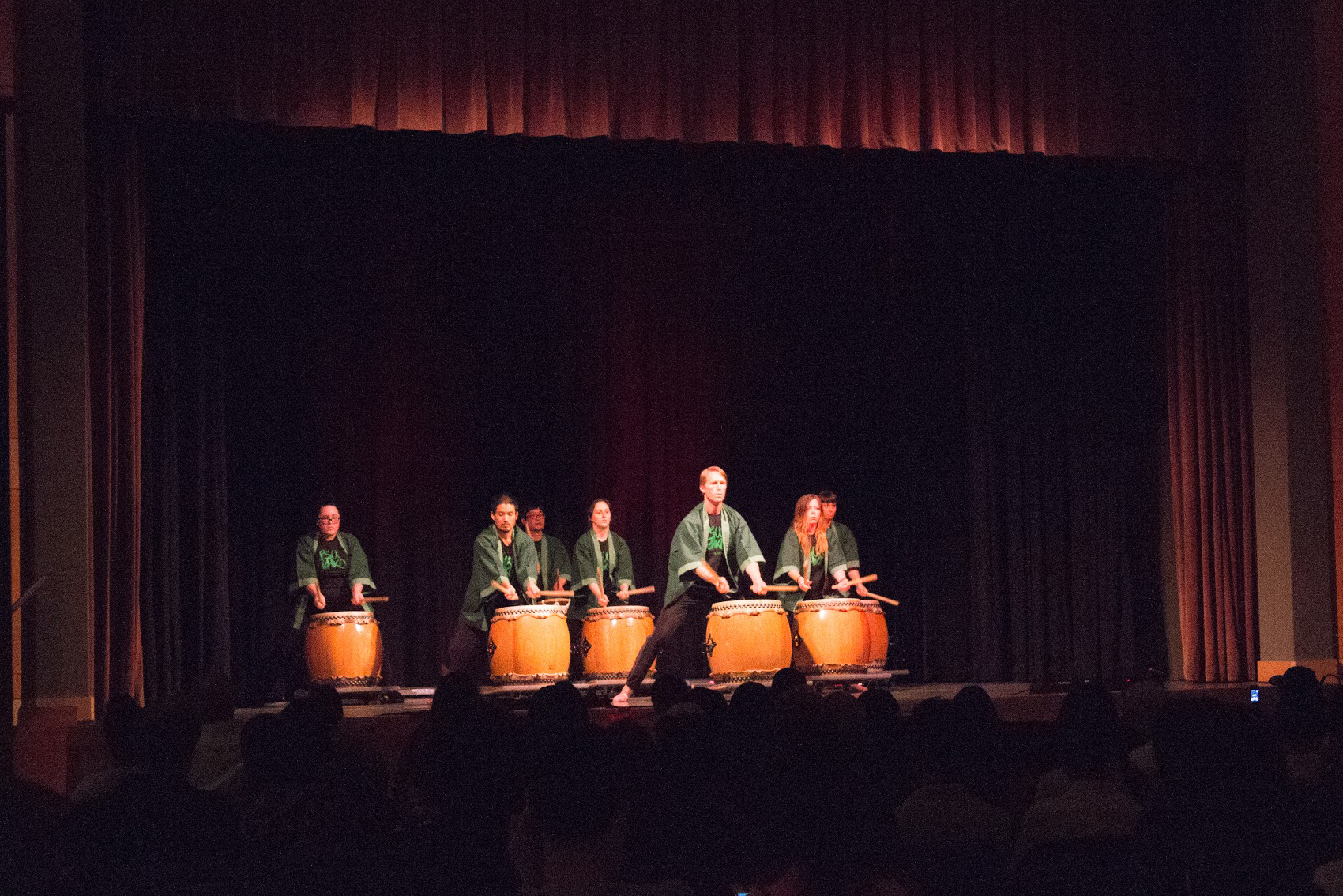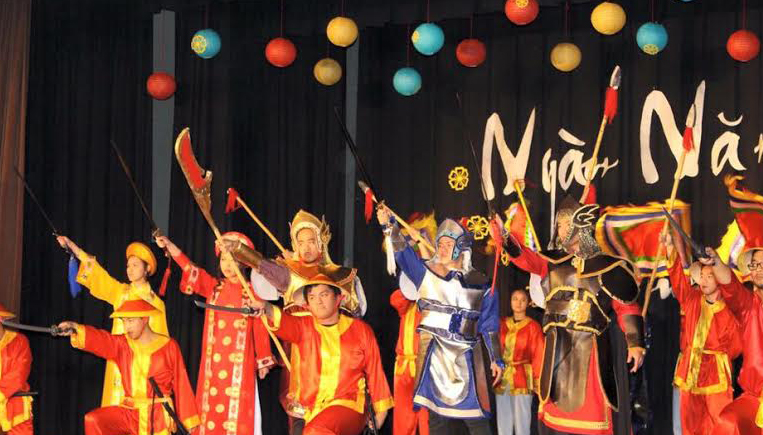The second annual Indonesia Night was held Friday, Feb. 19 in Lincoln Hall. The event was headed by Lifia Teguh, the President of the PSU Indonesian Student Association—also known as PERMIAS. The theme for the event was “Celebrating Diversity.”
Present at the event were reputable VIPs such as the Indonesian Consulate General of San Francisco, the Director of International Relations from the Portland Mayor’s office, and Helen Heller, a representative from the Indonesian Community of Oregon.
The Indonesian dedication to diversity and tolerance may be best demonstrated by the country’s vast amount of ethnic regions, dialects, religions and islands. Teguh stated, “You can imagine how diverse [Indonesia] is, but still we unite as a nation.” She said, “We want Indonesia to be the role model of diversity.”
The PERMIAS mission serves as an active response to the ongoing display of intolerance of diversity in America.
Attendee of the event, PSU student, Anna Duell, commented, “This is probably the coolest cultural event that I’ve been to at PSU.”
Through exemplified arrays of dishes, music and performances, a sample of traditional Indonesian culture was shared with the Portland community.
PSU alumni Erica Skadsen proclaimed, “I’ve been to Indonesia 6 times and it’s so great to see so many people in the community turnout and support the Indonesian students and dancers that we have here tonight… It was just so special to see something so unique being offered here.”
The night started off with a sampling of Indonesia’s most popular dishes and desserts. All of the foods at the event were prepared by Indonesian mothers in the Portland community.
The main event consisted of music and dance performances by certain PERMIAS members. The aim was to give the audience a sample of different Indonesian ethnic groups, such as Java, Sumatra, and Sulawesi.
Notably, MAPATU (Masyarakat Adat Pakasaan Ne Tounsea, a traditional Indonesia dance troupe flown in from Manado, North Sulawesi for the event) performed three traditional pieces: the Tetengkoren, the Tumatenden, and the Kabasaran Dance.
Each piece performed by MAPATU was a beautiful mix of theatrical dance and live music that told a story of life in ancient times in North Sulawesi, Indonesia. For example, the Tetengkoren Dance represented the life of the Minahasan farmers in North Sulawesi, the Kabasaran dance was an ancient warrior dance, and the Tumatenden Dance depicted an ancient mythological love story.
The energy of the performers was reminiscent of the Haka, the traditional ancestral war cry/dance from the Māori people of New Zealand.
Teguh performed two piano pieces composed by herself that integrated traditional Indonesian techniques, as well as some more contemporary influences. For example, her second piece, performed on one single piano in collaboration with three other students, consisted of two people at the piano, one musician hand beating the side of the piano, and another plucking the strings of the piano directly. The entire piece combined conventional and unorthodox techniques to create a new, contemporary sound. The song was not only representative of Indonesian music, but with the drumming and plucking it slowly became a remix of an Indonesian classic.
Spencer Spargo, a supporter of Indonesian culture stated, “It’s kind of hard to nail down one favorite thing,” he said. “What I really liked about it was that they really tied their message together, making the audience a part of it. All of them [PERMIAS] together coordinate[d] this…pretty impressive.”






